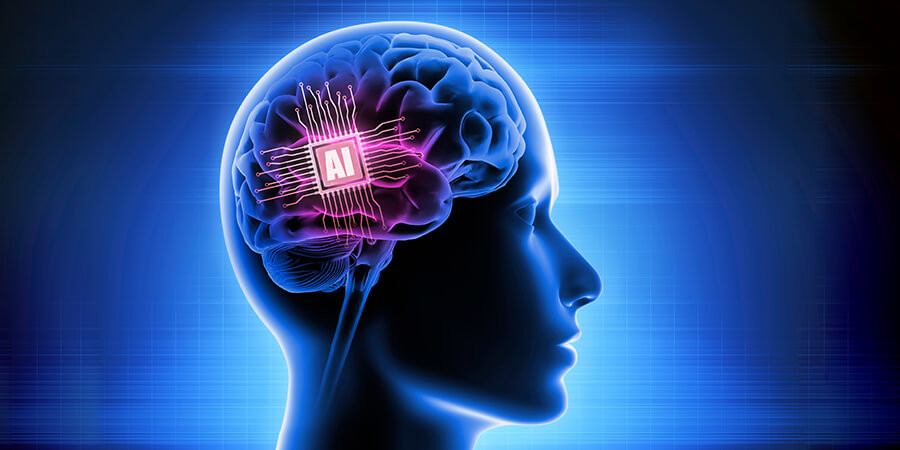In a groundbreaking scientific initiative, researchers are exploring the convergence of human brain cells with computer chips, aiming to transform the landscape of artificial intelligence (AI).
The focus of this cutting-edge project is on the cultivation of "DishBrains," which amount to essentially intelligent "mini-brains" nurtured within petri dishes. These "organoids," though not as complex as complete organs, offer a unique platform for emulating certain functionalities of the human brain.
One of the core challenges this technology intends to address is the phenomenon of catastrophic forgetting in AI algorithms. Unlike human brains, which retain knowledge over time, conventional AI systems often struggle with this issue. The goal is to design AI tools that possess learning capabilities more akin to biological neural networks.
Research is focused on achieving AI systems that can replicate the remarkable adaptability and learning capacity of human neurons. The potential of this technology goes beyond incremental advancements; it envisions a future where traditional silicon computer chips could be replaced by organoids, creating a foundation for smart biocomputers.
This paradigm shift in AI research not only explores technological innovation but also draws inspiration from the inherent qualities of human neural networks, which have evolved over billions of years.











